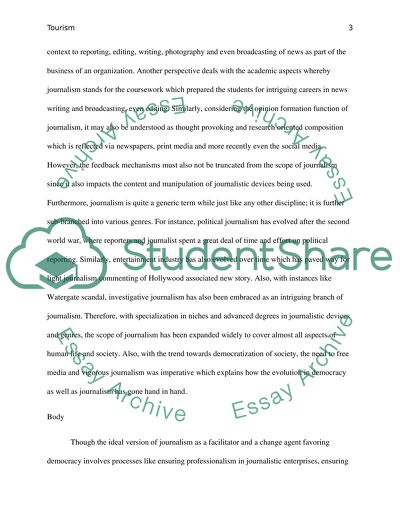Cite this document
(“Outline and assess the major changes to journalism over the past 40 Essay”, n.d.)
Retrieved from https://studentshare.org/journalism-communication/1673304-outline-and-assess-the-major-changes-to-journalism-over-the-past-40-years-and-explain-the-extent-to-which-these-changes-have-helped-or-hindered-democracy
Retrieved from https://studentshare.org/journalism-communication/1673304-outline-and-assess-the-major-changes-to-journalism-over-the-past-40-years-and-explain-the-extent-to-which-these-changes-have-helped-or-hindered-democracy
(Outline and Assess the Major Changes to Journalism over the past 40 Essay)
https://studentshare.org/journalism-communication/1673304-outline-and-assess-the-major-changes-to-journalism-over-the-past-40-years-and-explain-the-extent-to-which-these-changes-have-helped-or-hindered-democracy.
https://studentshare.org/journalism-communication/1673304-outline-and-assess-the-major-changes-to-journalism-over-the-past-40-years-and-explain-the-extent-to-which-these-changes-have-helped-or-hindered-democracy.
“Outline and Assess the Major Changes to Journalism over the past 40 Essay”, n.d. https://studentshare.org/journalism-communication/1673304-outline-and-assess-the-major-changes-to-journalism-over-the-past-40-years-and-explain-the-extent-to-which-these-changes-have-helped-or-hindered-democracy.


